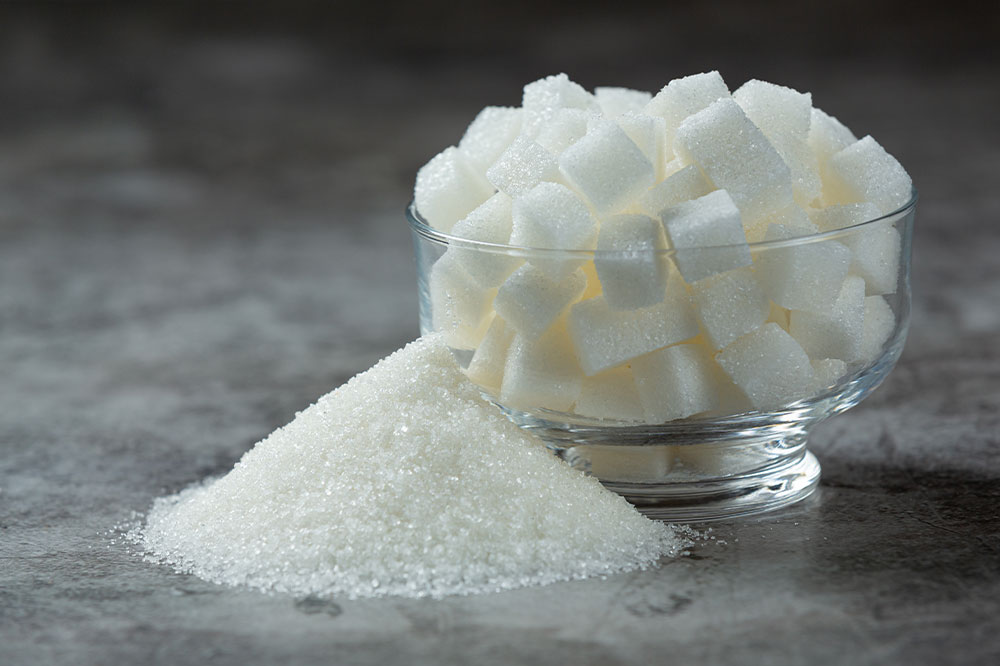Foods that must be avoided to fight multiple sclerosis

Multiple sclerosis (MS) is a health condition that primarily impacts a person’s central nervous system. Initially, it may appear that foods hardly play any significant role in worsening the condition or activating the symptoms. However, only after some trial and error do people diagnosed with MS realize that certain foods are prone to trigger their symptoms.
Foods to avoid for managing Multiple Sclerosis
Even though no recommended nutritional regime is exclusively devoted to MS, health professionals usually advise consuming whole foods under such conditions. Besides that, certain food items are to be avoided so that the patients can do away with the perils of the symptoms. Here is a list of foods patients with MS must give up to ease the symptoms.
Saturated Fats
Saturated Fats primarily come from full-fat dairy products and foods containing coconut or palm oil. They are related to inflammation due to their tendency to increase LDL or bad cholesterol. A rise in bad cholesterol, in turn, increases the chances of atherosclerosis, which can lead to strokes or cardiac arrests.
Trans Fats
Patients with Multiple sclerosis are also recommended to avoid trans fats found in crackers, pies, backed cookies, or packaged food items. The reason is the inflammatory properties inherent in trans fats. Most people are aware that trans fats are infamous for causing inflammation within blood vessels. Consequently, the risks of potential heart disease also rise. To avoid the intake of trans fats at all costs, ensure that you go through the food labels while buying items and search for the terms “shortening” and “partially hydrogenated oil.”
Dairy Products
Pasteurized milk and other dairy products not only contain saturated fats but are also rich in proteins which severely affect the health of patients with Multiple Sclerosis . However, some past studies have observed that people with low dairy intake reported less disease activity with lesser chances of MS-related disability. However, recent studies conducted in 2018 showed an intimate relationship between higher dairy intake and lesser risks of MS disability. For MS patients wanting to give up dairy products to ease symptoms, consuming ots of protein, Vitamin D, and calcium from other sources like cashew milk, soy milk, or almond milk is strongly recommended.
Sugar
For patients with Multiple Sclerosis, it is essential to avoid having extra sugar in their food, specifically in the form of desserts. Sugars tend to put on excess weight. Hence, MS patients may find it far more challenging to be active and perform daily activities.



